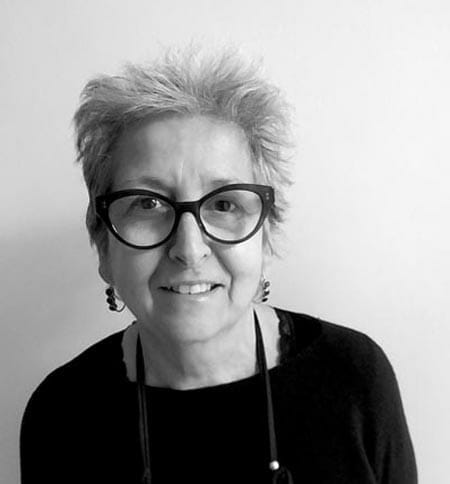
The "Matres Terrae ceramics & design" exhibition held at the Museo Provinciale Campano in Capua (25-11- 2021, 5-01- 2022) recently concluded. Inaugurated on November 25, 2021 on the International Day Against Violence Against Women, it had as its theme the discovery of women's artistic craft creativity. The initiative under the patronage of the Campania Region was conceived by APS Pandora Artiste Ceramiste and organized in collaboration with the Museo Campano. Ninety-six women ceramists from all over the world were the protagonists of this extraordinary exhibition: a new opportunity for meeting and comparing different experiences and ceramic traditions of artistic and productive importance for this sector in Italy and abroad and a prelude to the 2022 edition of Matres - Festival of Women's Ceramics. The objective was and is to strengthen and spread the "Women's Ceramics Project" long undertaken by the Pandora Association, through the search for the right space of valorization/recognition of women's artistic craftsmanship in the field of ceramic art. The exhibition was inspired by one of the most precious collections of the Museo Campano di Capua, that of the "Matres Matutae" (already taken as the symbol of the International Women's Ceramics Festival conceived by the Pandora Association in its 1st edition in 2018) - majestic tufa sculptures of women seated with one or more children on their laps; their arcane beauty, their symbolism as generators of life, as is the same clayey earth mother of the ceramists' creations, is the common thread of the works on display. The Matres are life itself, the universe that emerges from clay and is kneaded with it from its origins. The earth is the medium by which the women artists are nourished with life force to shape, renew and be fertile and productive in the creativity of their works. Always the -Earth- and its care is present in the collaborative work "Reflections" created by the women artists for the occasion. The symbolic connection with the -Earth- is visible in the traces, fragments of polluting objects, plastics of various kinds and other products of the waste cycle included in the base of the installation of the -Throne of the Mater- set up with symbolic artifacts of fertility and abundance. In the 'Work the -Throne of the Mater- sign of fertility and abundance turns out to be rooted to our -Earth- now contaminated and pervaded by violence represented by the red of its supports and inviting a reflection. A reflection that thanks to the shared creative action of the artists finds the energy to sublimate the current reality with effects even more amplified by the reflective surfaces present in the Work. The collaborative work is in fact an expression of the relational art long practiced by Pandora, as a synthesis of the shared human and creative capacities of women artists from different parts of the globe. Energies and experiences that come together and feed off each other to generate unique works, the expression and synthesis of a creative action that while starting from local traditions, is concretely linked to a global and contemporary vision. Among the cultural and social issues promoted by the Exhibition, important space for involvement and reflection was given to the increasingly topical problem of feminicide to which Pandora once again responds with concrete action by women using art as a tool to produce change. Hundreds of red slippers made by women ceramists were arranged on the Museum's striking Catalan Staircase on the occasion of the opening of "Matres Terrae ceramics & design" and for the side event "Red slippers in ceramics - Italian cities of ceramics say NO to violence" a project of the AICC for the International Day for the Elimination of Violence against Women, an event now in its 5th edition that Pandora has always joined. The red slippers, a symbol of violence against women, this year dedicated to Afghan women, placed with great emotional appeal the attention on this issue that represents a real social emergency, a topic treated together with the more general aspect of gender equality in the interesting speeches scheduled for the opening night. As in previous years, the shoes were donated for a local area charity. On this occasion they were donated to the nonprofit Touring Club Association of Capua to raise funds for the restoration of the important fresco of St. Michael from the Lombard era, located in the Capuan church of the same name. The well-known iconography of the saint defeating evil ties in with the theme of violence against women. In fact, this image was recently chosen as a symbol of the protection of women subjected to violence by the State Police. The program also included a full schedule of appointments including a guided tour of the Matres Terrae Exhibition and Museum for People with Disabilities, organized and led by Pandora Ability, aimed at local artists, ceramists and associations, on the occasion of the International Day of Persons with Disabilities 2021. Unfortunately, the events did not take place due to impediments related to the current health emergency. Now the long-awaited edition of Matres - Women's Ceramics Festival 2022 is being prepared.